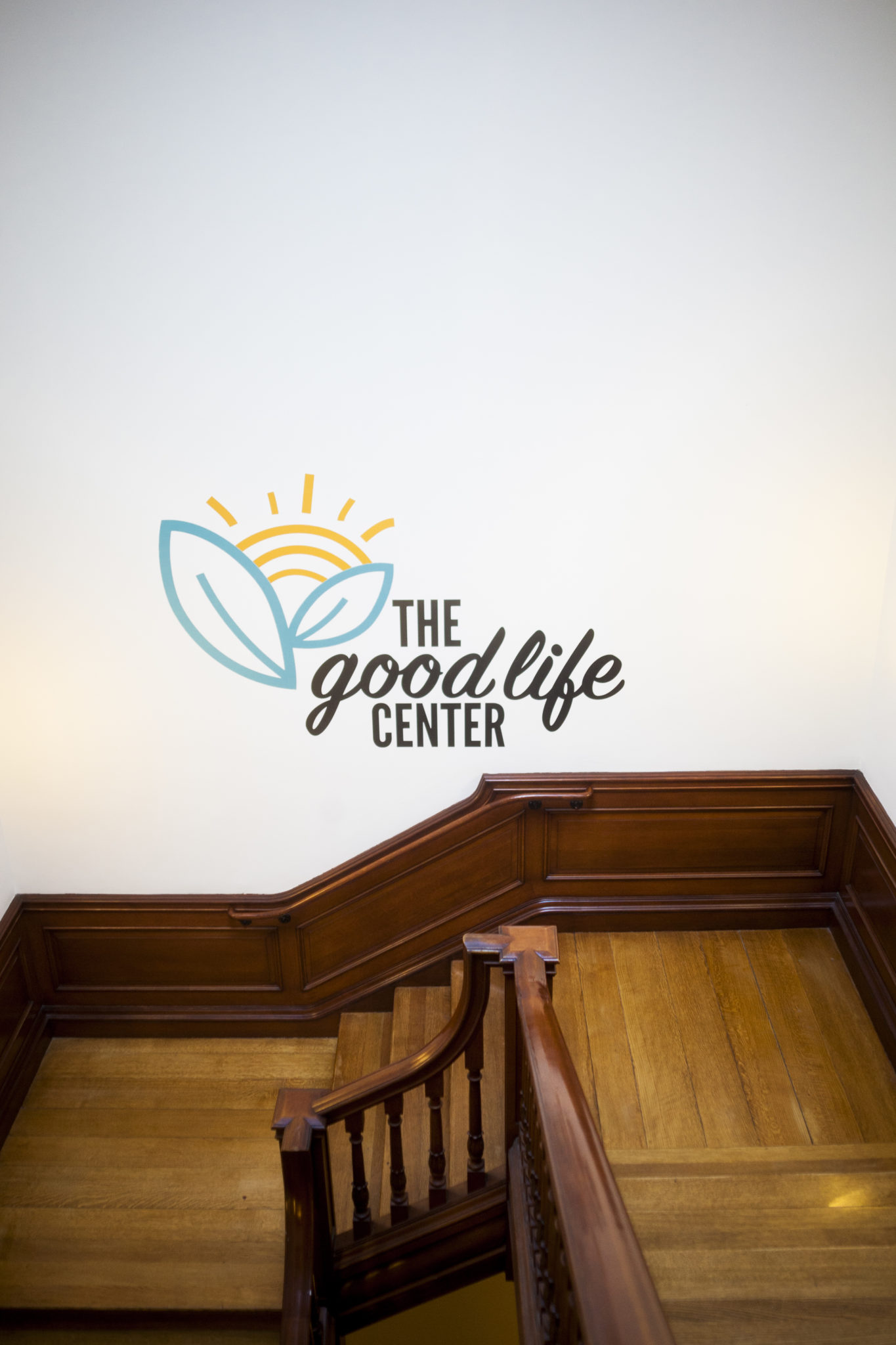
Jack Devlin
As students face the pressures of midterm season leading up to spring break, a Yale campaign is encouraging University community members to reduce both clutter and stress in their lives.
The fourth annual “Declutter Destress Donate” campaign — a collaboration between the Office of Sustainability, Being Well at Yale, Work-Life and the Good Life Center — launched Feb. 26 and ends Friday. The initiative places collection bins in every residential college, in which students can deposit their unwanted items for donation to Goodwill Industries of Southern Connecticut to make “a broader community impact,” said Office of Sustainability Woodbridge Fellow Emma Smith ’16 SPH ’17. This year, the campaign featured decluttering workshops for students, faculty and staff “to provide the Yale community with tangible steps for decluttering and destressing,” Smith added.
According to Smith, the Office of Sustainability reached out to the Good Life Center — a student wellness center pioneered by Silliman Head of College Laurie Santos — for this year’s campaign to collaborate and “emphasize the wellness components” of the initiative. Smith added that several of the center’s Peer Wellness Champions have also been “instrumental” in making sure that the donation collection process runs “smoothly.”
“There are so many ties between our human health and wellness, the environment and sustainability goals,” said Tracy George SPH ’15, director of the Good Life Center and Yale Well Initiative. “The idea of ‘Declutter Destress Donate’ came out of these connections — when we declutter our spaces, it gives us an opportunity to simplify our lives, ease our minds and sustainably downsize — and those donations can support the communities around us.”
George added that the Good Life Center and the Office of Sustainability are exploring more ways to work together in the future.
According to Smith, the timing of the campaign is purposeful. Since the campaign aims to lower stress levels and encourage positive wellness practices, “the middle of spring semester is a good time to encourage these practices,” she said. She added that the campaign hopes that students who plan to go home for part of spring break will pack their winter clothing and gear and take them home to “reduce waste at the end of the year during Spring Salvage.”
Smith said the campaign fits into some of the University’s wider goals — such as the goal to identify more opportunities to reuse materials that Yale set in its 2025 sustainability plan and President Peter Salovey’s “goal of creating a more unified Yale” — since partners from across the University, including the Sustainability Service Corps, Bulldog Sustainability students and the Joseph Slifka Center for Jewish Life at Yale, were involved with hosting workshops and facilitating donation collections.
The Good Life Center was also the site of one of two peer-designed decluttering workshops for students, which were led by two of the center’s Peer Wellness Champions. Work-Life hosted two similar workshops for faculty and staff.
Melanie Grad-Freilich ’19, one of the Peer Wellness Champions who led the student workshops, said that the workshops focused on both the “practical side of decluttering” by offering tips and step-by-step guidelines, as well as the “philosophical and psychological elements of living a more minimal and organized lifestyle.”
The workshop also discussed that retaining material possessions can be necessary for those who cannot afford eventual replacements and addressed that “hoarding is also seen by many as stemming from mental illness,” Grad-Freilich said.
Grad-Freilich explained that decluttering is effective in reducing stress because it lessens focus on material items, thereby increasing focus on relationships and experiences, which she said have been shown to make people happier in the long run. She added that decreasing clutter improves the skill of prioritization and reduces “the distracting noise that is a messy and clutter-filled room.”
Grad-Freilich emphasized that the workshop did not aim to help participants achieve a “particular aesthetic” or to set a blanket standard for minimalism. Rather, it aimed to provide participants with general principles, guidelines and tips that they can “tailor” to their own needs and lifestyles, she said.
“The broader goal of the Peer Wellness Champions is to approach student wellness from a variety of different angles and to always promote the idea that there are many kinds of easily accessible changes that we can all make in our own lives to improve mental health and well-being,” Grad-Freilich said. “Our workshop just tackles one of these many ways the PWCs encourage Yalies to look critically at their own lives and think about how they can live with less stress and more happiness.”
The Good Life Center is located on the fourth floor of Byers Hall in Silliman College.
Asha Prihar | asha.prihar@yale.edu







